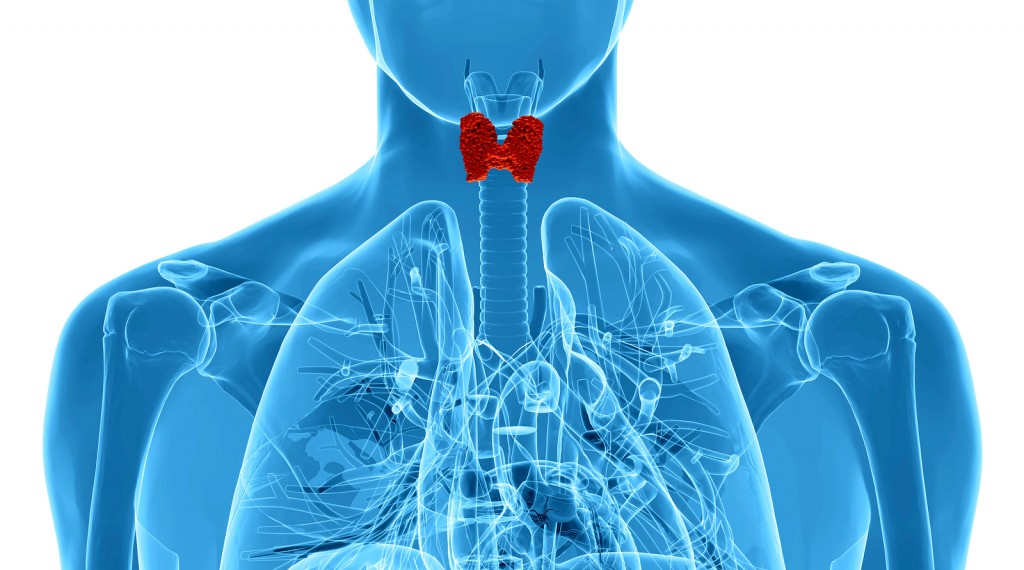From Dr. Lewis Blevins. Central Hypothyroidism due to pituitary or hypothalamic disease:
Central hypothyroidism is a condition where the thyroid gland does not function very well because of lack of stimulation by the pituitary gland. A wide range of disorders affecting the pituitary gland and/or hypothalamus may result in insufficient thyroid stimulating hormone (TSH) production leading to diminished thyroid hormone production.
Symptoms may include weakness, fatigue, decreased energy, weight gain, increased need for sleep, and cold intolerance. Myxedema is rare.
In most cases, the free T4 level and T3 levels are low or low normal while the TSH level may be low, inappropriately normal, or even slightly elevated.
Successful treatment involves the administration of thyroxine in the form of l-T4 in a majority of patients.
One of the more common errors in management by primary physicians that I see in my practice is the erroneous discontinuation or lowering of the thyroid hormone dosage because the TSH level is found to be low. In patients who have primary hypothyroidism, it is usual and customary to lower the l-T4 dosage if the TSH is low. In patients with pituitary disorders, however, it is essential to recognize that that altered secretion of TSH caused the problem in the first place! Thus, TSH levels cannot be used to assess responses to treatment. I usually aim to maintain the free T4 level in the middle or slightly into the upper part of the normal range, and to resolve the symptoms of hypothyroidism, while ensuring that patients do not develop symptoms of hyperthyroidism.
Remember. Free T4 levels are used to manage central hypothyroidism. TSH levels are a waste of time and money! Now…go forth and teach your doctors!
© 2014 – 2015, Pituitary World News. All rights reserved.
